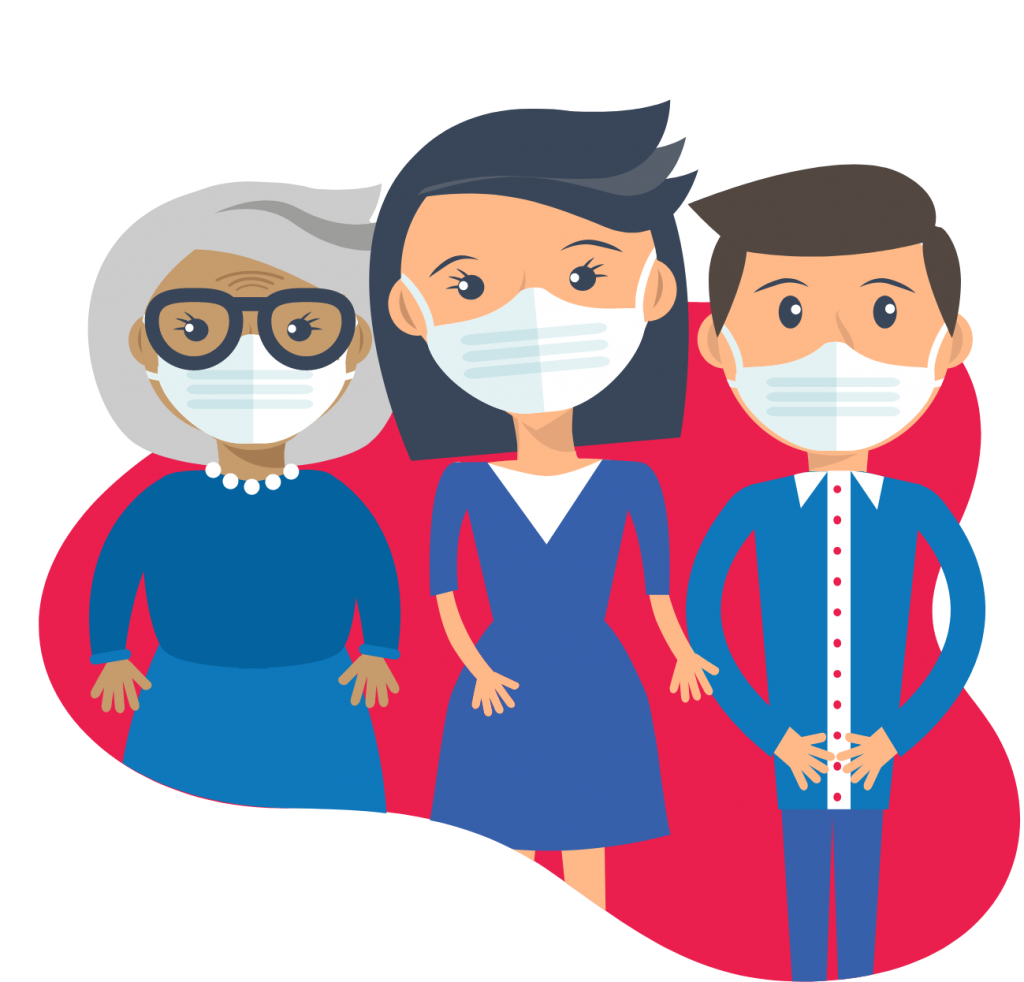The Optimise Study
The Optimise Study will help us better understand how the community is managing and responding to COVID-19 and the measures introduced to stop its spread.
This information will enable us to make informed decisions to reduce the direct and indirect impacts of COVID-19 on people’s health, wellbeing, and livelihoods.

What is involved?
We are looking for people to participate in the Optimise Study. You will be followed up for a maximum of 12 months and be asked to complete a monthly survey and regular diaries.
We will also ask you to nominate members of your social network to join the study. In the surveys we will ask you about your living situation, work and study, lifestyle, social engagements, COVID-19 health and exposure, physical and mental health, and attitudes and knowledge of COVID-19 measures.
In the diaries we will ask you about your activities and people you were in contact with during the previous day. Additionally, some participants will be asked to participate in in-depth interviews so that they can tell their own stories in detail.
Participants will receive a small reimbursement for each set of activities that they complete in recognition of the time involved in participating in Optimise (see FAQs for details).
See the Timeline hereWhy is it important?
Despite the huge impact of COVID-19 across the world, there is still limited information on the best ways to stop COVID-19 transmission, illness and death.
More information is needed about what is happening in the community to help the government develop better and more refined strategies and policies to respond to COVID-19. While we wait for vaccines to be widely rolled out globally, it is important we use interventions available to us to contain and slow the spread of COVID-19.
Your involvement in the Optimise Study will help us better understand the impact that COVID-19 is having on our community and how these may change over time. The Optimise platform will be used to both identify and solve challenges alongside the community and key stakeholders.
Your input will help generate the evidence to guide state and national policy and practice to stop COVID-19 transmission while returning to more normal levels of economic and social activity.
This evidence will also be used to identify opportunities to work with community and key stakeholders to develop and test solutions to minimise the impact of COVID-19 and improve the community’s broader health and wellbeing.
Since March 2020, the Australian governments have introduced a number of key public health measures:
-
Isolation of individuals with COVID-19 (‘cases’) and quarantining of close contacts and returned travellers;
-
Physical distancing;
-
Preventive strategies such as hand washing; and
-
The mandatory use of face masks in various states.
Although these measures have helped to reduce new cases of COVID-19 in the community, they may impact individuals’ health, wellbeing and livelihoods in critical ways.
